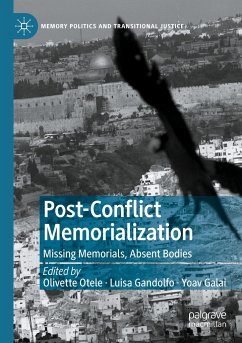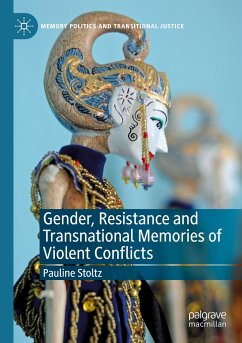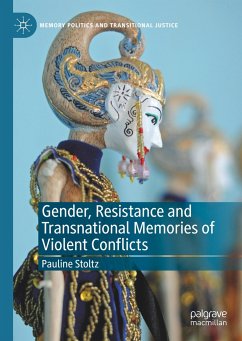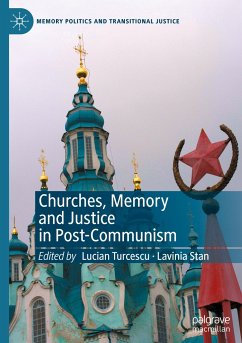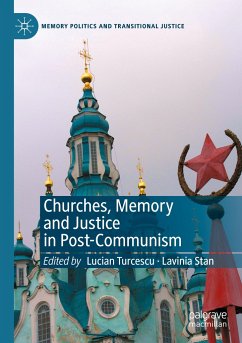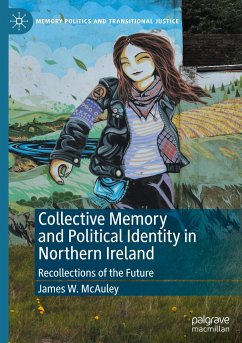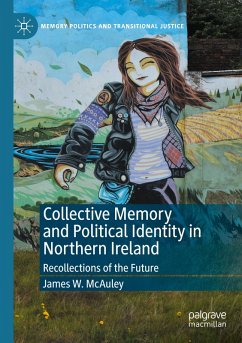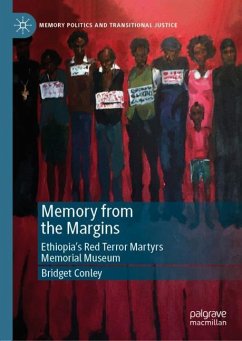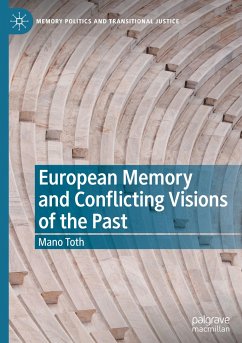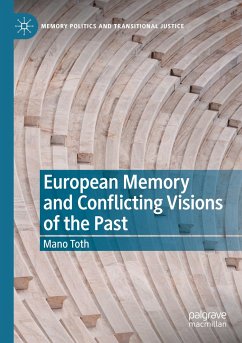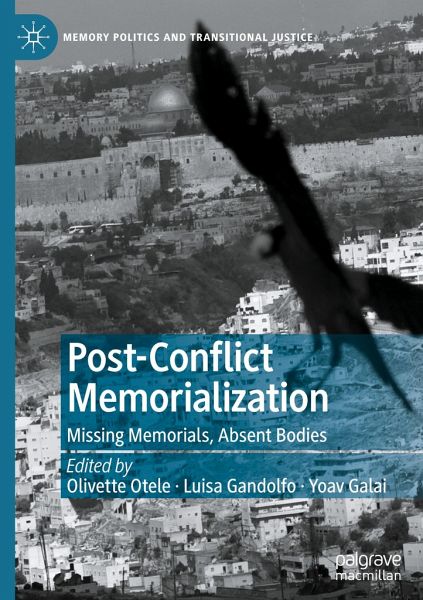
Post-Conflict Memorialization
Missing Memorials, Absent Bodies
Herausgegeben: Otele, Olivette; Gandolfo, Luisa; Galai, Yoav

PAYBACK Punkte
49 °P sammeln!
As the world negotiates immense loss and questions of how to memorialize, the contributions in this volume evaluate the role of culture as a means to promote reconciliation, either between formerly warring parties, perpetrators and survivors, governments and communities, or within the self. Post-Conflict Memorialization: Missing Memorials, Absent Bodies reflects on a distinct aspect of mourning work: the possibility to move towards recovery, while in a period of grief, waiting, silence, or erasure. Drawing on ethnographic data and archival material from Bosnia-Herzegovina, Argentina, Palestine...
As the world negotiates immense loss and questions of how to memorialize, the contributions in this volume evaluate the role of culture as a means to promote reconciliation, either between formerly warring parties, perpetrators and survivors, governments and communities, or within the self. Post-Conflict Memorialization: Missing Memorials, Absent Bodies reflects on a distinct aspect of mourning work: the possibility to move towards recovery, while in a period of grief, waiting, silence, or erasure. Drawing on ethnographic data and archival material from Bosnia-Herzegovina, Argentina, Palestine, Israel, Wales, Peru, Colombia, Hungary, Chile, Pakistan, and India, the authors analyze how memorialization and commemoration is practiced by communities who have experienced trauma and violence, while in the absence of memorials, mutual acknowledgement, and the bodies of the missing. This timely volume will appeal to undergraduate and postgraduate students, postdoctoral researchers, and scholars with an interest in memory studies, sociology, history, politics, conflict, and peace studies





